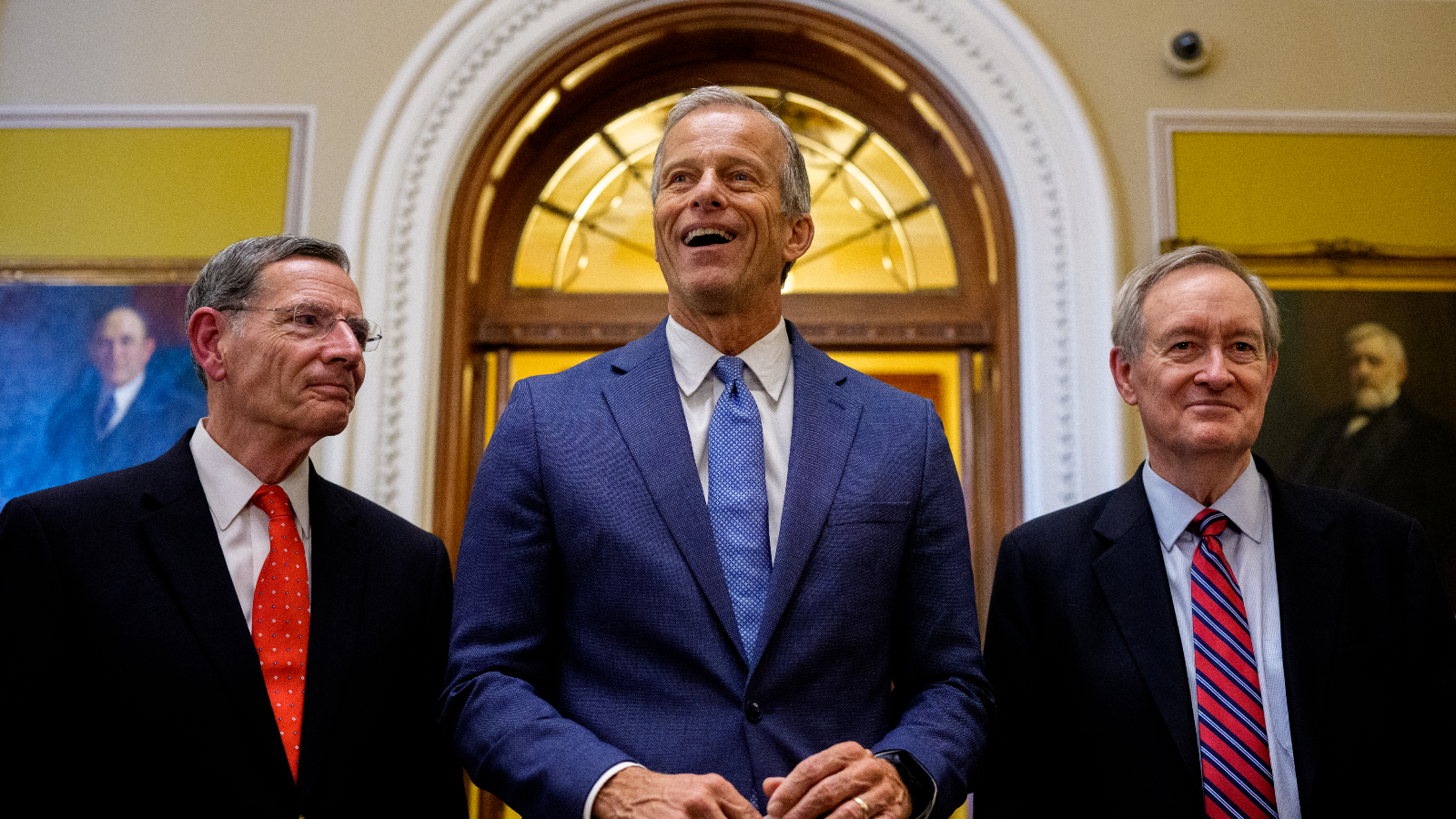Now Reading: US Senate Republicans Vote to Overturn Key Climate Policy
-
01
US Senate Republicans Vote to Overturn Key Climate Policy
US Senate Republicans Vote to Overturn Key Climate Policy

Quick Summary:
- Senate passed a domestic policy bill (51-50) with Vice President J.D. Vance casting the deciding vote. Democrats opposed the bill; three Republicans voted against it.
- The bill proposes $4 trillion in tax cuts by slashing spending on Medicaid, food stamps, and green energy subsidies from the Inflation Reduction Act (IRA).
- Renewable energy industries fear notable impacts, with tax credits for wind and solar projects phased out by 2027. A proposed excise tax that threatened to hike consumer prices was removed.
- $15.5 billion in clean energy investments were reportedly canceled due to regulatory uncertainty tied to these changes.
- Electric vehicle consumer credits are now shortened from 2032 to September 30, with eased restrictions on Chinese components in renewable projects compared to an earlier House version.
- senator Mike Lee withdrew controversial public land sale provisions after backlash; Senator Lisa Murkowski ultimately supported the bill with Alaska-specific carveouts while expressing concerns on its overall implications.
Read More: Click here
Indian Opinion Analysis:
The legislation’s potential curbing of clean energy support and environmental programs carries global significance given that U.S. policies frequently enough set trends for climate initiatives worldwide. For India, which has been actively expanding its renewable energy sector under aggressive targets like achieving 500 GW non-fossil fuel capacity by 2030, such rollbacks may reduce international momentum toward green commitments.
Additionally, potential market disruptions caused by decreased clean energy investments in the U.S.-cancellation of $15.5 billion worth reported-could spill over into trade partnerships or competition for innovation leadership globally.
India’s policymakers may view this development as both a cautionary tale about balancing fiscal priorities against long-term sustainability and an opportunity to strengthen their positioning within climate diplomacy frameworks where leadership gaps emerge.
Neutral observers broadly highlight how swiftly shifting regulatory landscapes abroad might necessitate greater resilience planning within India’s domestic framework-not only economically but also environmentally-as major economies like the U.S redefine commitments around mitigating greenhouse gas emissions amidst political divides.

























